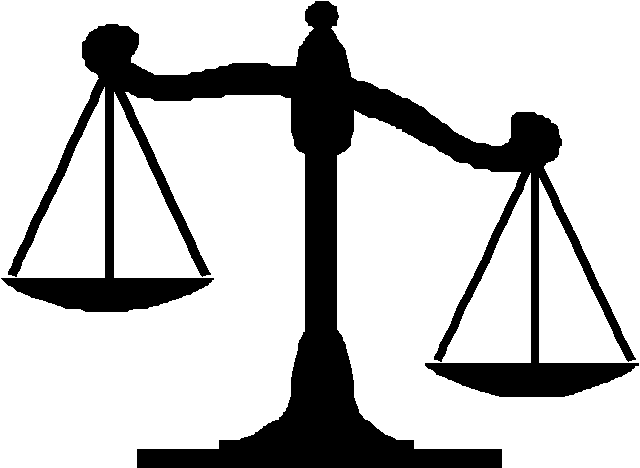In the October 25, 2011 Ask The Headhunter Newsletter, a job candidate explains that an employer made a mistake when it hired another applicant. He wants advice about how to help the employer rectify the mistake. Don’t laugh — it’s easy to get caught in this trap of frustration.
I recently made a lateral move to a large firm in a different state. Here is the problem: I was originally interviewed for the Senior Vice President (SVP) job, but the executive recruiter thought I didn’t have the right experience. So she recommended me for the next level down, the Vice President (VP) job. The client offered me a good package for the VP job, and I took it.
The same recruiter then brought in several other candidates for the SVP position. They gave the job to a person from a big firm in a different industry, who has less experience than me (three years versus my seven years), and who was unemployed for one year. Overall, he’s far less qualified than me, in my opinion. But now I’m reporting to him.
What do I do? I’m tempted to call the recruiter who brought me to the client and tell her that she screwed up. I also want to tell the head of HR (who interviewed me) about this situation, but I’m not sure what to say. That is, how can they rectify this situation? Any thoughts?
Here’s the short version of my advice: (For the entire column, you need to subscribe to the free newsletter. Don’t miss another edition!)
My Advice
Wow — time out! You can’t “rectify” a company’s hiring decision that you disagree with, because it’s their choice. I know you’re frustrated, but please step back and look at this calmly.
 If you were to approach the company or the recruiter about this, you would come across as presumptuous and arrogant. You have no idea what their reasons are for the choice they made, or what criteria they used to select an SVP. You are not the decision maker, nor do you have any place in the decision process. Please be very careful. It’s easy to feel that someone else has made a huge mistake — but it’s not your place to suggest that they rectify it.
If you were to approach the company or the recruiter about this, you would come across as presumptuous and arrogant. You have no idea what their reasons are for the choice they made, or what criteria they used to select an SVP. You are not the decision maker, nor do you have any place in the decision process. Please be very careful. It’s easy to feel that someone else has made a huge mistake — but it’s not your place to suggest that they rectify it.
I think the reason you don’t know what to say about this is that you realize it would be inappropriate to say anything.
This is actually a common problem among job hunters at all levels. Some of the smartest people I’ve known get a twitch when they feel usurped by a competitor. The twitch is unjustified, but they make themselves suffer deeply, convinced they’re right and that the employer is wrong — even when they lack information about why a decision was made. They really believe they must — and can — “rectify” the employer’s “mistake.” It’s painful to be rejected, but I think the best cure is to accept the truth behind a profound quote from author Vladimir Nabokov: “You are not I; therein lies the irreparable calamity.”
Though we should learn what we can from rejection, in the end it’s often about the differences between people, not about errors or failures. No offense intended, but the decision you need to make is whether you want to work for this company and whether you will be content with the VP job.
Please think about this carefully. If your behavior betrays your frustration, it could contribute to failure on the job. You accepted the VP job, and I assume you had good reasons for doing so. Part of your job is to work closely with your new boss, the SVP. If you harbor serious reservations about this, you should consider resigning. Otherwise, make a commitment to having a good working relationship, because your employer is not about to give you the SVP’s job.
Ah, the pain of rejection! And the pain of getting over it. Have you ever gotten bogged down in resentment over a lost job opportunity? How’d you get past it?
: :




